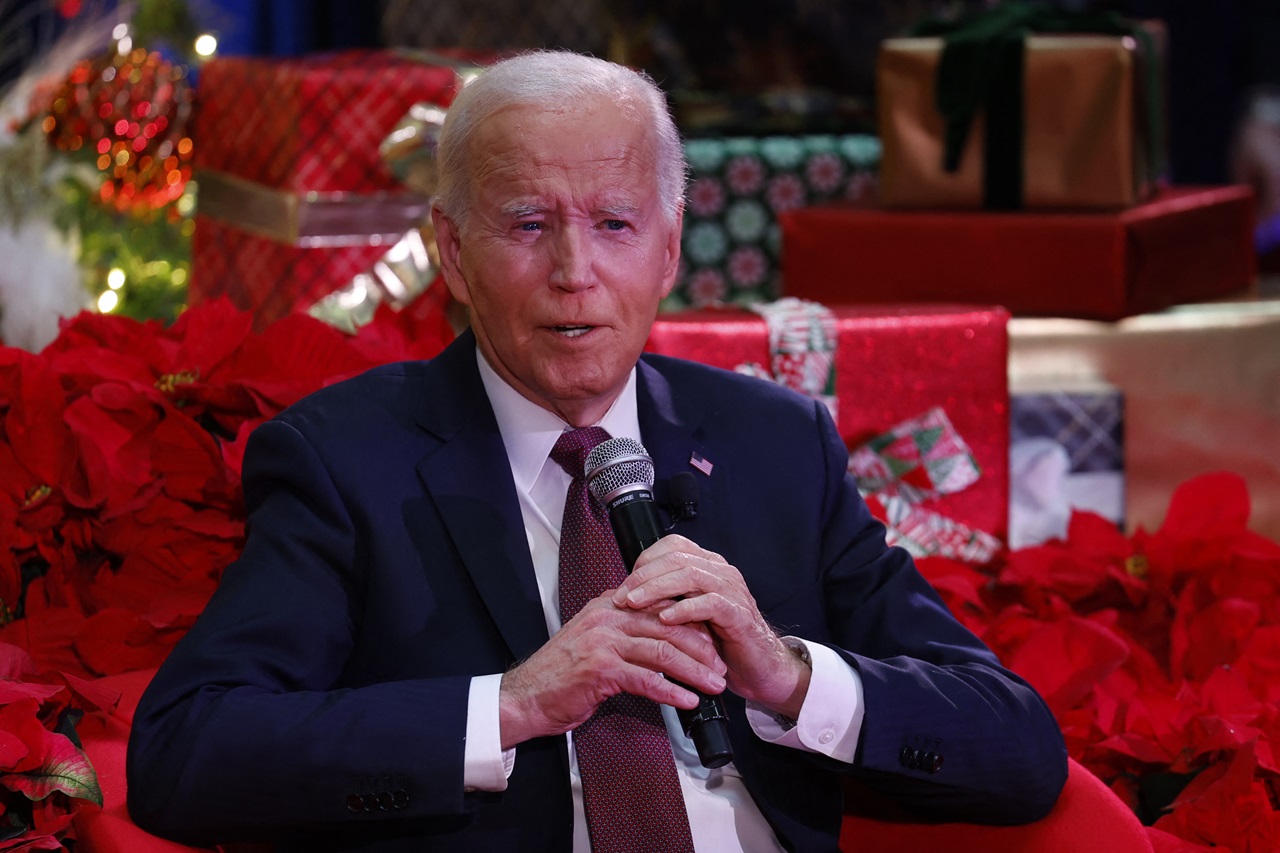
What’s the risk of a lying President?
After the controversial statements of President Trump during his campaign rallies, the media has focused on keeping track of the inconsistencies in his speech…
The debate about the power of rhetoric and the risk of lying is not new.
Every leader in the world has had his share of inaccuracies when it comes to giving speeches because, after all, a ruler is still a human being with defects.
But after the last speech by U.S. President Donald Trump on Thursday, the number of misleading statements that undermine his rhetoric has drawn attention to the exaggeration of the electoral framework prior to the midterm elections.
According to the Washington Post, Trump has made 6,420 false or misleading statements in 649 days, at a rate that has been increasing over the past three months.
Only on Thursday, the president said that undocumented immigrants "never show up" in court to follow up on their case, that the Democrats have not collaborated with legislation to solve the problem; attributed all drug trafficking and opioids to the border with Mexico, said that the Obama Administration also separated families, and widely distorted the immigration process.
Media such as the New York Times has explained the real facts versus the presidential statements, and the lies continue to add up, especially as the election date approaches.
On the contrary, publications in favor of the president argue that "all presidents lie" and that Trump's inaccuracies are just one more feature of the character that sits in the White House.
The Heritage Foundation, for example, has made a historical recount of the lies of other presidents such as Lyndon B. Johnson, John F. Kennedy or Richard Nixon, stating, "Trump is not guilty of any lie, falsehood, falsification, false claim, or toxic exaggeration that equals the lies of one past president whose Alamo-sized ego, caused the deaths of thousands of Americans and another chief executive who denied his serial adultery."
The problem is the normalization of lying as a fundamental element of politics.
RELATED CONTENT
Just two years ago, Trump said during an interview with ABC that it was fine for him to lie because "people agree with me," and his presidency has been proof of that.
This is what some specialists have called "a credibility gap" where, despite their words, presidential actions "speak louder."
For Keren Yarhi-Milo, a liar president not only affects the confidence of his people, but also his credibility with his foreign counterparts and, therefore, the country's reliability on the international stage.
His withdrawal from the Paris Climate Agreement, his swings with China and France, his constant attacks on international organizations such as NATO and the United Nations, have allowed the word of the United States to no longer be taken seriously, and the president only aggravates things with every statement he makes.
While Donald Trump has fulfilled most of his campaign promises, the lies that sustain his discourse encourage a bottom-holed politics, instigating divisionism and, according to Foreign Policy's analysis, definitely puts the First Amendment at risk.
"Many living in the United States are beginning to ask whether instead of protections for speech, we may now need protection from it," the paper explains. "For free speech to survive this reckoning intact, the United States will need to prove its current system of voluntary constraints on speech (...) still works and that it can effectively disrupt the chain reaction now linking inflammatory words to dangerous actions.”











LEAVE A COMMENT:
Join the discussion! Leave a comment.